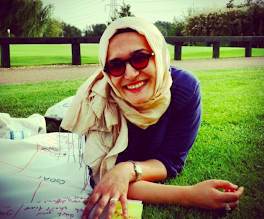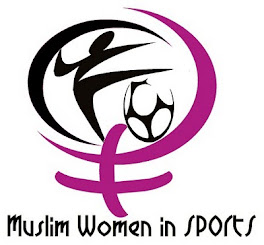“I feel free on the water...where I am from and who I am doesn’t really matter”.- Nassima Atker
Cox’s Bazaar, in the southeast corner of Bangladesh, is a perfect spot for surfing. In the early nineties a local resident, Jafar Alam, set up a surf school and promised to teach kids and passer-by how to surf. He was supported and encouraged by a group of Americans who had stopped to surf in Bangladesh. Alam’s surf school: Surfing Bangladesh now has more than 70 participants. One of whom is Nassima Atker, a Rohingya refugee from Burma. Atker moved to Bangladesh with her family to escape persecution, sectarian violence and ethnic cleansing.
According to the United Nations the Muslims of Rohingya are one of the most persecuted minorities in the world. There are more than 200,000 refugees in Bangladesh who are struggling to live in squalor. 40,000 of them are undocumented. Due to a recent NGO ban in the area, these people are not provided with any type of assistance. They are resented by Bangladesh who insist they are illegal migrants although the Burmese government denies they are Burmese. Since the 8th century their historical and natural ties to land are mostly from Arakan in Burma.No one is willing to accept or embrace them.
Essentially, they are a people without a home. Rohingya’ are denied citizenship and victims of institutionalized discrimination. They look similar to Bangladeshis and speak a different language and are of a different religion but essentially they are from Burma.
In addition to being a displaced and vulnerable population, the women struggle with poverty, illiteracy, lack of access to health care and are often forced into sexual and forced labour.
In addition to being a displaced and vulnerable population, the women struggle with poverty, illiteracy, lack of access to health care and are often forced into sexual and forced labour.
One woman is facing insurmountable struggles, not only culturally and socio-economically; she is one of Bangladesh’s most agile and skilled surfers and receiving very little encouragement.
And she is labelled a “whore” for wanting to surf.
Obviously, in a region where survival is a basic challenge, surfing and participating in beach activities are not viewed upon favourably. Or a priority.
Nassima, is the only woman actively surfing. But she is not supported by her neighbours and community.
Her Muslim culture is very conservative and although there are organizations who were established to empower youth and teach them surfing, she is facing more and more opposition to her athleticism.
She recalls her first experience on the water was challenging but that she felt a connection to the ocean and keep practicing.
Nassima wears a salwar kameez- full shirt and loose pants- as her surfing kit. She is already married and is a doting wife. Her husband does not oppose her interest in surfing.
She and her family have seen much strife. Her people are still suffering. Nassima has been incredibly brave to continue with surfing and ignore the hostility and discouraging behaviour of some of the community. She has developed and worked hard at an athletic skill that is difficult. She is accomplished and humble.
Had Nassima been in a different part of the world her talent would have been recognized and instead of being ostracized she would have been encouraged. She should be lauded for being an incredible role model for young women. Despite her struggles with malnutrition, at 14 years of age, Nassima managed to beat all the boys in a local surfing championship.
Unfortunately, her surrounding community feels differently.
She has been beaten, cursed at and has had trash thrown at her en route to her beach to surf in the afternoon.
Nassima’s courage and passion for her sport has not gone unnoticed.
Lakshmi Puri, Deputy Director of United Nations Women, gave a talk at the 2012 International Olympic Committee Conference on Women and and referenced Nassima in her speech:
“Just a year ago, more girls than boys belonged to the [Bangladesh Surf] club. But as surfing gained popularity, some community leaders felt that surfing was inappropriate for women and girls. Since then, almost every female club member has dropped. Nassima is the only one left.
Today, Nassima is an outstanding surfer and has already won several local surfing contests. If she lived here in California, she could be competitive on the amateur girls surf circuit. If her potential was discovered and nurtured, Nassima could get a chance at competing internationally. She could become Bangladesh’s first international surf star and maybe change some of the views about girls and sports.
Nassima’s example reminds us that more investments are necessary to foster women’s participation and leadership in sport. Female coaches, peer educators and sport staff offer visible proof that women and girls can excel and lead in society.”
Nassima and any other budding young female athletes should be given an opportunity to be youth and excel at their sport. They face enough challenges and difficulties on land that they feel liberated on water.
Nassima is part of a displaced community that is desperate for humanitarian assistance.
At present, she is hoping to train as a lifeguard. She would be Bangladesh’s first female lifeguard. She is hoping to use her techniques and talent to teach, inspire and keep riding the waves.
with notes from: http://www.theinertia.com/surf/the-most-fearless-surfer/
images via: Heather Kissinger & http://surfingthenations.com/bangladesh/





